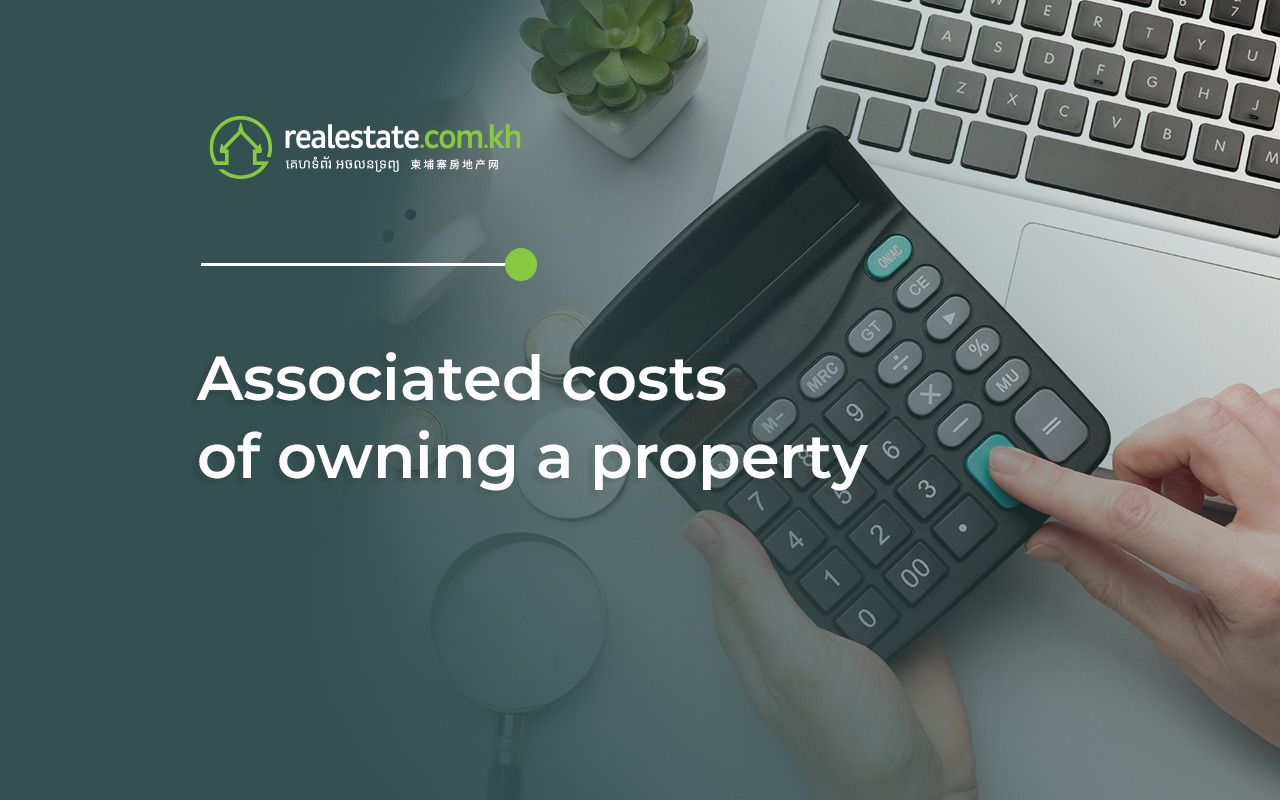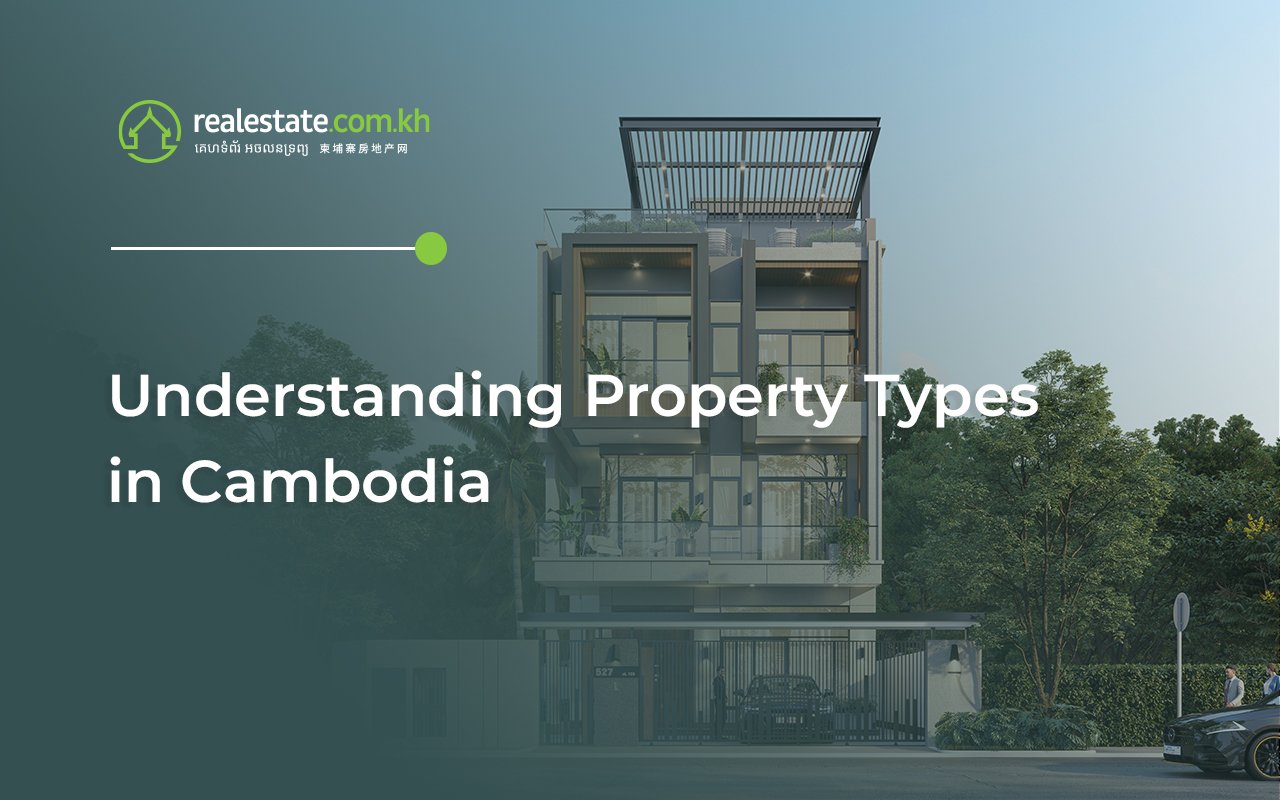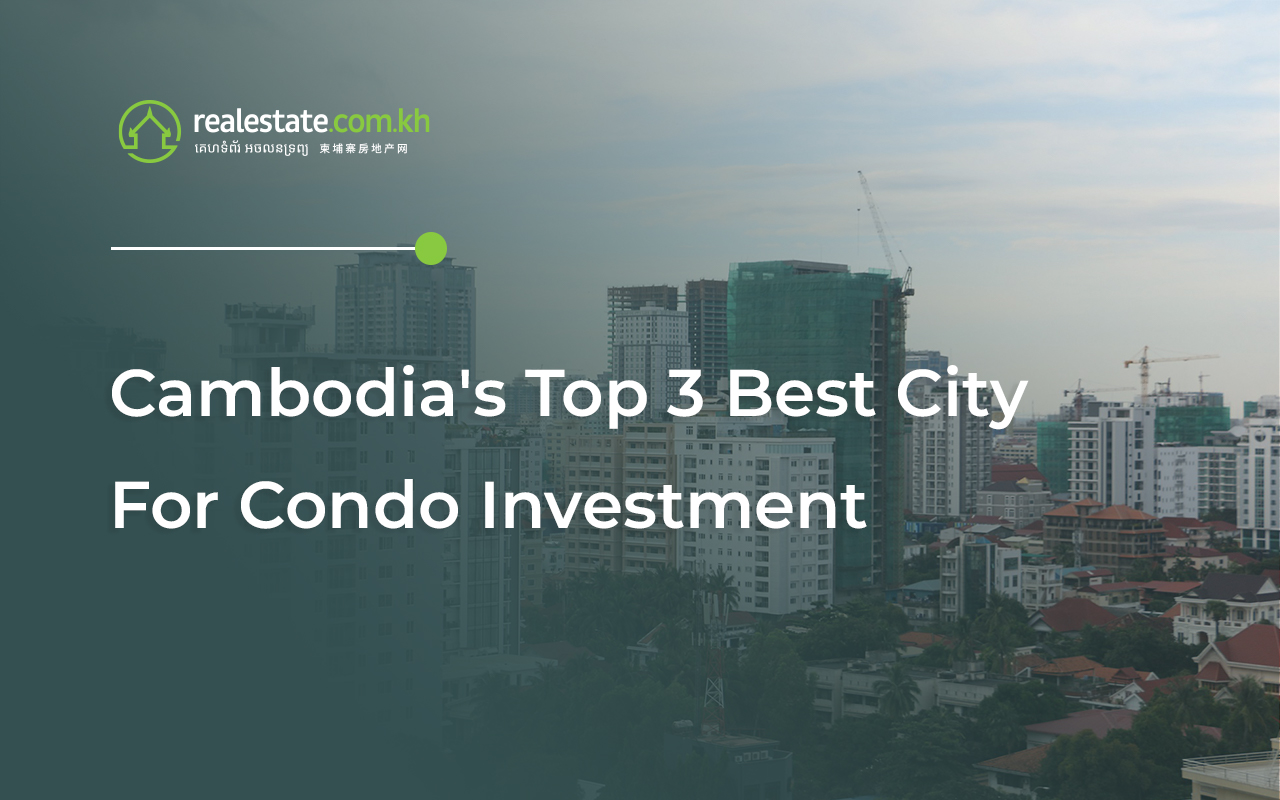When considering the purchase of a property, it's important to be aware that buying property involves more than just the base price. There are associated costs that should be taken into consideration. In this article, we will provide information on the expenses you may encounter when purchasing a property in Cambodia. By being well-informed about these costs, you can make informed decisions and ensure a smooth experience in your property purchase.
1. Hard Title Transfer
A hard title is an ownership certificate issued by the Cadastral office. It is the most secure form of ownership and is recognised at the national ministerial level as well as at the Sangkat and district levels. Hardtitle transfer is a one-time payment and would typically cost between $1500 to $1800. To complete the process for transferring land titles of ownership here's a concise overview of the process:
Step 1: Verify the title certificate with the Land Office at the Ministry of Land Management, Urban Planning & Construction, (MLMUPC) to check for any debts or claims on the property.
Step 2: Obtain information on the property from the relevant Commune Council Official and conduct an official search of the title at the Khan/District Land Office.
Step 3: Obtain the necessary documents from the seller, such as ID copies, Certificate of Incorporation, and other official documents if the seller is a legal entity.
Step 4: Apply for registration at the District Land Office at MLMUPC, and prepare and sign the relevant documents with the seller.
Step 5: Pay the transfer tax, which is approximately 4% of the property's value, at the General Department of Taxation.
Step 6: Return to the cadastral office at the District Land Office of MLMUPC, sign/thumbprint an MLMUPC form, witnessed by a local authority, and provide necessary documentation, including payment receipts of the transfer tax.
Step 7: Obtain the certificate of title from the Municipal Land Office, where the final Certificate of Title is issued in the new owner's name, completing the registration process.
If you are looking for more details about Hard Title Transfer in Cambodia click here
2. Stamp Duty Tax
Stamp Duty, also referred to as registration tax or transfer tax, is a tax levied at a rate of 4% on the transfer of ownership for immovable property. It is calculated based on the government rate at the tax department. Typically, the buyer is responsible for paying the stamp duty tax, although it can be subject to negotiation based on the contractual agreement between the parties involved. However, there are a few exemptions to this tax. Properties transferred or acquired by direct kin are not subject to this taxation. This tax must be paid by the taxpayers within three months of the property transfer. To boost the real estate market, the government has extended the Stamp Tax exemption for properties under $70,000 until the end of 2023.
The calculation of the property transfer tax is the following:
Let's assume the tax base, which represents the value of the property being transferred, is $100,000.
Property transfer tax = (tax base * 4%)
Property transfer tax = ($100,000 * 4%)
Property transfer tax = $4000
So, in this example, the property transfer tax would amount to $4000.
Please note that this is a simplified example, It's advisable for real estate professionals with up-to-date information, to contact our agents here
3. Annual Property Tax
All immovable property in Cambodia needs to be paid with annual tax usually before the end of September every year. Immovable property includes plots of land, infrastructure on land, and buildings. It only applies to properties with a value of $25,000 and above. According to the Prakas of the Ministry of Economy and Finance, the property tax is collected annually at a rate of 0.1% of the value of the property.
To calculate the amount of property tax that needs to be paid, a simple calculation can be paid based on the following formula:
To calculate the Property Tax, we can use the following formula: Property Tax = (80% * tax base - $25,000) * 0.1%
For instance, if the tax base is $100,000, the formula will be
Property Tax = (80% * $100,000 - $25,000) * 0.1%
Property Tax = ($80,000 - $25,000) * 0.1%
Property Tax = $55,000 * 0.1%
Property Tax = $55
Note*: The tax is applicable to Cambodian and foreign nationals who own property in Cambodia. A government valuation obtains the property’s value. It is based on several factors such as data collection, quality and location.
4. Property Management Fee
This fee will vary between Borey and condos/apartments. Those ongoing costs are usually paid monthly to support daily living including maintenance fees, repair costs, and bills such as internet, electricity, and water. Usually for Borey homes, the maintenance fee includes security guards and public lights in the project area. However, it varies depending on the project and developer. It will be charged between $0.15 - $0.5/ square metre based on land size. For a condo, the fee ranges from $0.50 to $2 per square metre. In addition, some condos offer parking space which will require you to pay if it will be used. Price can range from $50 to $60 per month.
5. Utility Fee
As a property owner, you will typically be responsible for paying utility expenses such as electricity, water, gas, waste management, and internet/cable services. The amount you spend on utilities will depend on various factors, including the size of your property, the number of occupants, and your usage patterns. A common rate for electricity is $0.25/KwH and $0.35/cbm for water.
It's important to inquire about average utility costs for similar properties in the area to understand what to expect. However, if the buyer decides to rent out the property, it's worth noting that the tenant will generally take charge of these utility fees. Including clear guidelines in the rental agreement is crucial, ensuring which utilities the tenant is responsible for and outlining any restrictions or limitations.
In conclusion, it's crucial to consider that there may be additional costs associated with property transactions, such as legal fees, real estate agent's fees, loans or other administrative expenses. These costs should be taken into account when budgeting for a property purchase.
If you are interested in seeing properties in Cambodia, our real estate agents are ready to assist you. Contact us today.





Comments